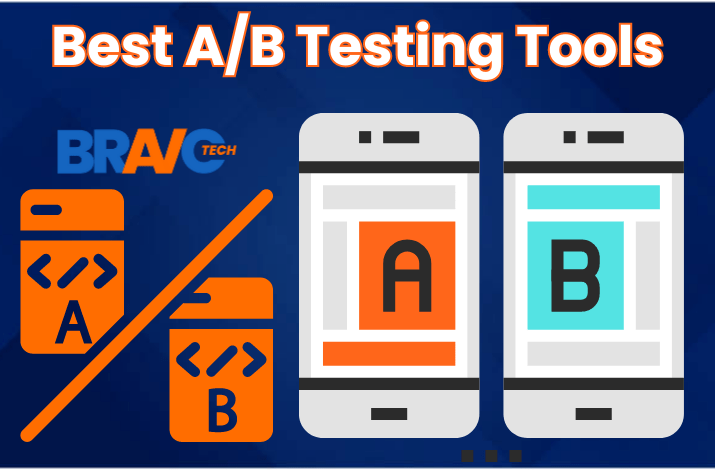What to Consider When Starting a New Job in Supply Chain Management – Technologist
Starting a new job is always exciting, but it can also bring new challenges, particularly in roles like supply chain management. One of the most important things to consider in this field is security—both physical and digital. As supply chains become increasingly interconnected and complex, the risks associated with cyber threats, counterfeit goods, and physical security vulnerabilities continue to grow.
Here are some key factors to keep in mind when starting a new supply chain role:
Consider Cyber Security Threats to Your Business
Supply chains today are highly reliant on digital systems and interconnected networks, which makes them vulnerable to cyber threats such as data breaches, hacking, and ransomware attacks. As a new employee in this field, it is essential to understand and implement robust cyber security measures. This includes safeguarding sensitive information, ensuring secure communication channels with partners, and actively monitoring systems for potential threats.
Look out for Counterfeit Goods
The risk of counterfeit products entering the supply chain is a growing concern. When starting your role, be vigilant about the authenticity of the goods being sourced and distributed. Implementing anti-counterfeiting measures like secure labelling, product verification systems, and building trusted relationships with suppliers can help protect your organisation from fraudulent products.
Ensure Your Physical Security Processes are up to Standard
While digital threats are a significant concern, physical security remains just as important. Protecting warehouses, manufacturing facilities, and transportation routes should be a top priority. Access controls, video surveillance, and stringent security protocols are essential to safeguarding assets and preventing theft or tampering.
Supply Chain Visibility
A lack of transparency and visibility in the supply chain can lead to significant vulnerabilities. One of the first steps you should take in your new role is to ensure that tracking technologies, such as GPS, RFID, or blockchain, are in place to monitor the movement and location of goods. Real-time visibility helps reduce the risk of theft, diversion, or loss, allowing you to act quickly when something goes wrong.
Have you Vetted your Supplier?
The security of your supply chain is only as strong as its weakest link. This is why thorough supplier vetting is crucial. Conduct regular audits, due diligence, and risk assessments to ensure that your suppliers adhere to necessary security standards. By establishing trusted supplier relationships and holding partners accountable, you can maintain a more secure supply chain.
Employee Awareness and Managed Security Training
One of the most common security risks in any organisation is human error. As a new employee, it’s important to be aware of potential threats and best practices when handling sensitive information or managing supply chain operations. Your business should provide comprehensive training on security protocols, and fostering a culture of security awareness will help reduce internal vulnerabilities.
Regulatory Compliance
Compliance with industry regulations and standards, such as ISO 28000, is a fundamental part of ensuring supply chain security. When starting your new job, make sure you are up to date with the latest laws and certifications that apply to your company. This will not only help you maintain security but also ensure that your organisation remains compliant with regulatory requirements.
8. Cyber Essentials Certification
Many organisations hold Cyber Essentials or Cyber Essentials Plus certifications, which demonstrate their commitment to maintaining a secure environment. If your organisation has these certifications, make sure to leverage them to build trust with suppliers and customers, showing that security is a priority.
Be vigilant and be aware – be Threatsafe
Starting a new job in supply chain management comes with responsibilities that extend beyond the operational aspects of the role. Understanding and addressing security risks—whether cyber, physical, or related to supplier relationships—will help you protect your organisation and ensure the integrity of its supply chain. By keeping these key factors in mind, you can make a positive impact from day one.
Good luck in your new role, and remember to always stay vigilant and be aware of cyber threats.


